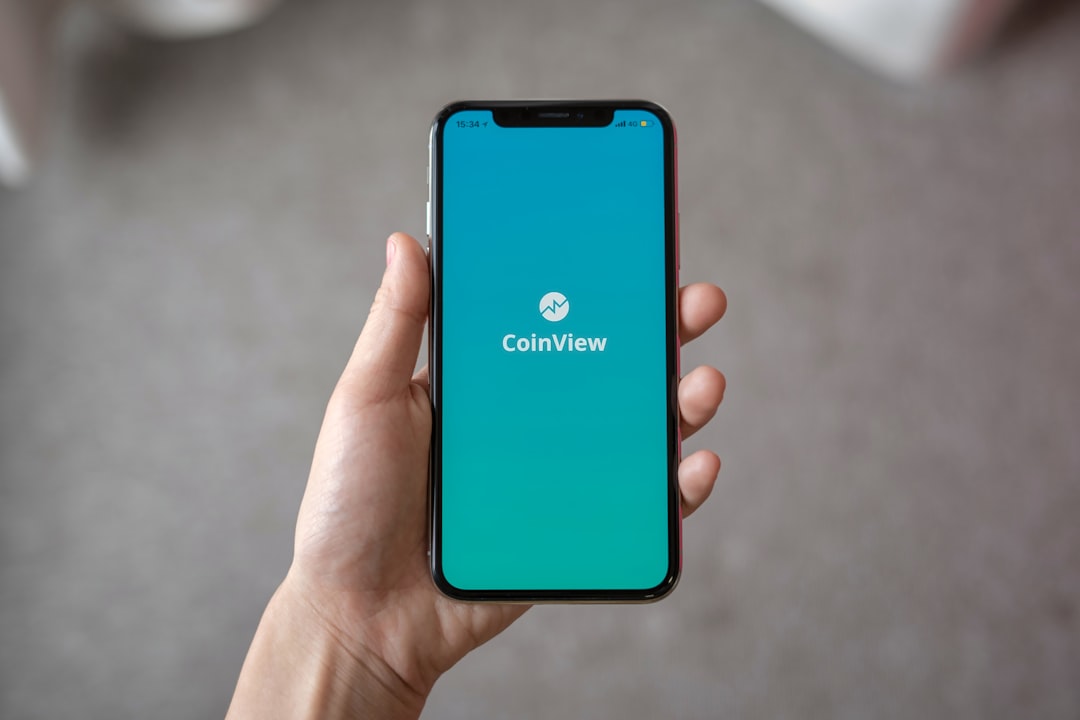New York's "Do Not Text Attorney" laws strictly regulate text message marketing for legal services, aiming to protect residents from intrusive messaging. Businesses must obtain explicit consent and provide an opt-out option in every promotional text to avoid significant fines up to $1,000 per violation. The state maintains a robust "Do Not Text" list, regularly updated to safeguard consumers from unsolicited texts, with strict enforcement of consumer consent and opt-out choices. Non-compliance can lead to legal issues and penalties, emphasizing the need for best practices like obtaining explicit consent, providing easy opt-outs, and honoring consumer requests promptly.
New York’s text message marketing landscape is subject to stringent regulations, primarily governed by the Do Not Text Attorney New York laws. This comprehensive guide navigates the intricate details of these restrictions, equipping businesses with essential knowledge for compliance. We explore who the ‘Do Not Text’ list encompasses, the types of texts regulated, and the practical steps businesses must take to avoid penalties. Understanding these restrictions is vital for any organization aiming to thrive in New York’s competitive market while respecting consumer privacy.
Understanding New York's Text Message Marketing Laws
New York has specific regulations regarding text message marketing, especially when it comes to communications related to legal services. The state’s Do Not Text Attorney laws are designed to protect consumers from unsolicited text messages promoting legal services. These restrictions are part of a broader effort to prevent intrusive and unwanted messaging, ensuring that residents’ privacy is respected.
Business entities engaging in text message marketing within New York must adhere to strict guidelines. This includes obtaining explicit consent from recipients before sending any promotional texts and providing an opt-out option in every message. Failure to comply with these rules can result in significant fines, highlighting the importance of understanding and following the state’s text messaging regulations, especially for those offering legal services.
Who Does the Do Not Text Attorney New York List Include?
The “Do Not Text” list in New York, maintained by the state’s Attorney General, is a comprehensive database designed to protect consumers from unwanted text message marketing. This list includes telephone numbers of individuals who have opted-out of receiving promotional or advertising texts. It encompasses a wide range of people, from consumers who simply prefer not to receive such messages to those who have explicitly requested to be removed from marketing lists due to privacy concerns.
The list is a powerful tool for enforcing New York’s text message marketing restrictions, ensuring that businesses adhere to strict regulations regarding consent and opt-out requests. Do Not Text Attorney New York numbers are regularly updated and monitored to maintain the integrity of consumer choices, thereby safeguarding individuals’ right to control their communication preferences.
What Types of Texts Are Restricted in New York?
In New York, certain types of text messages are restricted to protect consumers from unwanted and deceptive marketing practices. Notably, any text message that promotes or advertises legal services, including those from an Do Not Text Attorney New York listed firm, is prohibited without prior express consent from the recipient. This means no unsolicited texts offering legal advice, free consultations, or special promotions from law firms targeting potential clients in the state.
Additionally, businesses must obtain explicit permission before sending any text messages that include promotional content, such as discounts, coupons, or advertisements for goods and services. Failure to comply with these restrictions can result in significant penalties for violators.
Compliance Requirements for Businesses in New York
In New York, businesses engaging in text message marketing must adhere to stringent compliance requirements set forth by state laws. One crucial aspect is obtaining explicit consent from recipients before sending any promotional messages. This means that customers must actively agree to receive texts from a company, often through an opt-in mechanism. Furthermore, businesses are prohibited from sending unsolicited text messages promoting legal services, hence the importance of “Do Not Text Attorney New York” initiatives. Companies must also provide a simple and readily available opt-out method, allowing recipients to easily discontinue receiving marketing texts.
Compliance involves maintaining accurate customer records, ensuring that all consent forms are in order, and implementing robust systems to track and monitor text message campaigns. Failure to comply can result in significant fines and legal repercussions. Businesses must stay vigilant and educate themselves on the evolving regulations to avoid any disruptions in their marketing strategies.
Consequences and Best Practices for Non-Compliance
Non-compliance with New York’s text message marketing restrictions can lead to significant consequences for businesses and organizations, especially those engaging in legal services advertising. The state has strict guidelines regarding Do Not Text lists and consent management, which are designed to protect consumers from unwanted communications. Fines for violating these rules can be substantial, ranging from $500 to $1,000 per violation, with potential additional penalties for each subsequent offense.
To avoid these pitfalls, businesses should adhere to best practices such as obtaining explicit consent before sending any marketing messages, providing an easy and immediate opt-out mechanism (e.g., replying ‘STOP’), and honoring consumer requests to be removed from their lists promptly. Regularly reviewing and updating privacy policies and ensuring compliance with the Telephone Consumer Protection Act (TCPA) is crucial for businesses aiming to operate within legal boundaries while effectively connecting with their target audience, especially when promoting legal services in New York.






